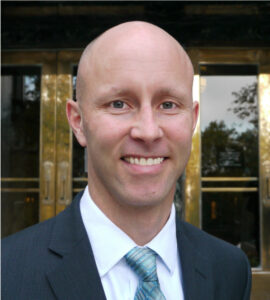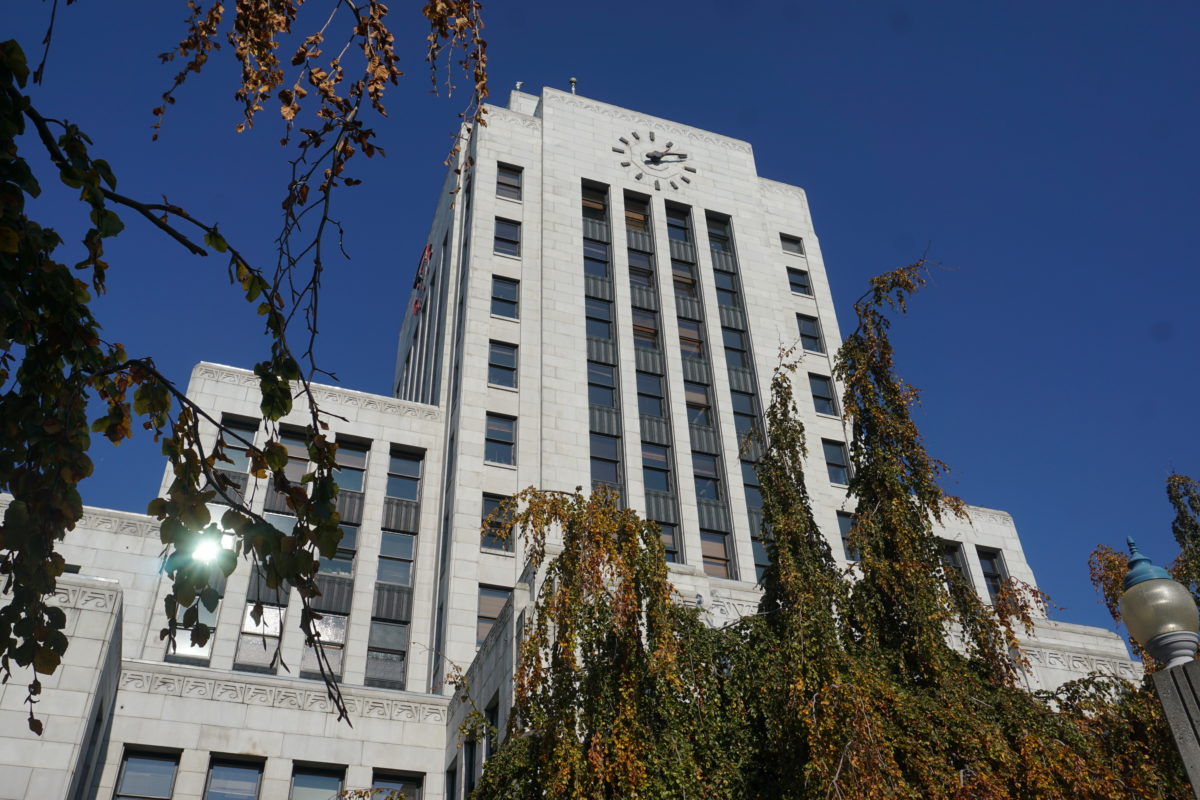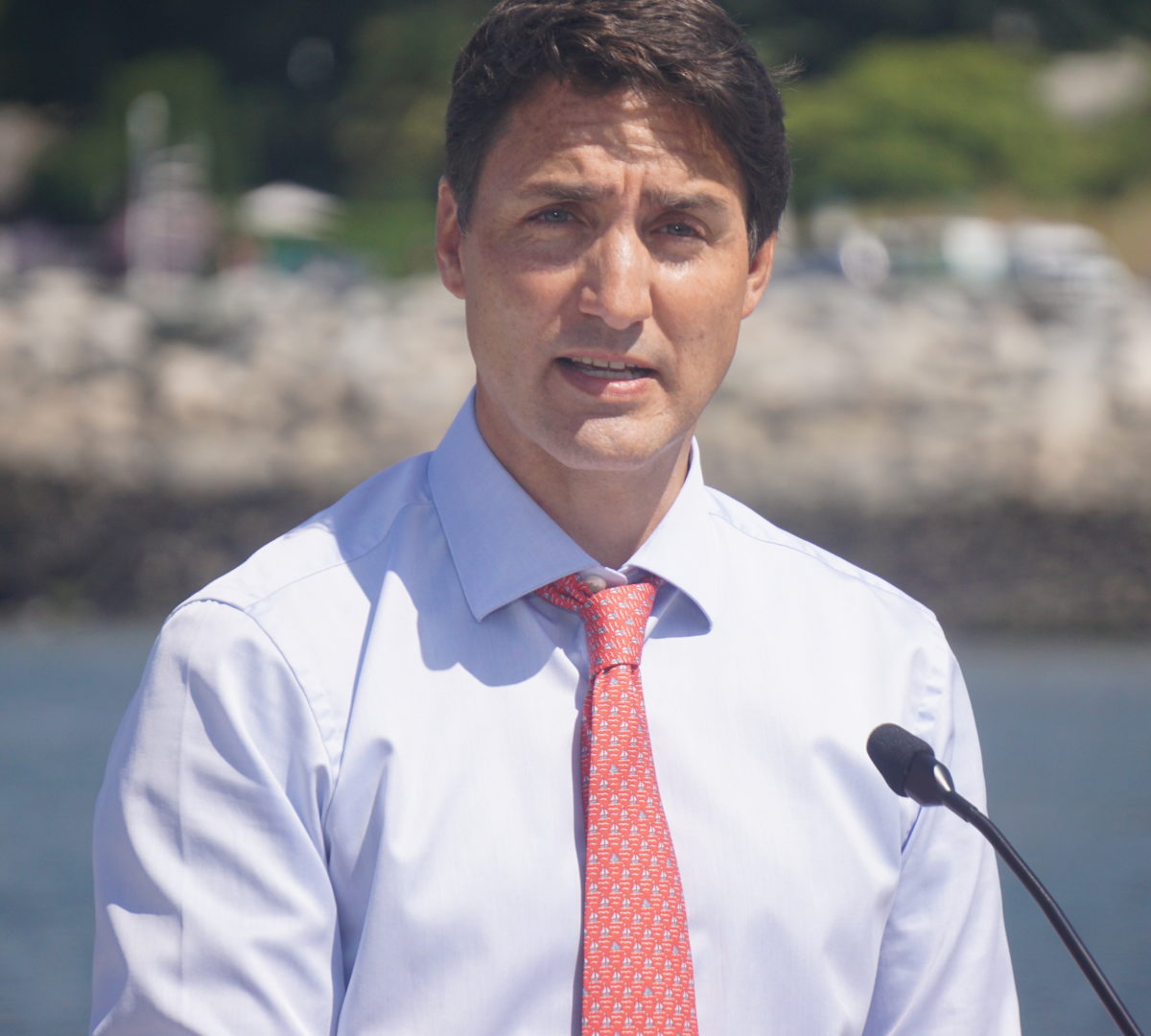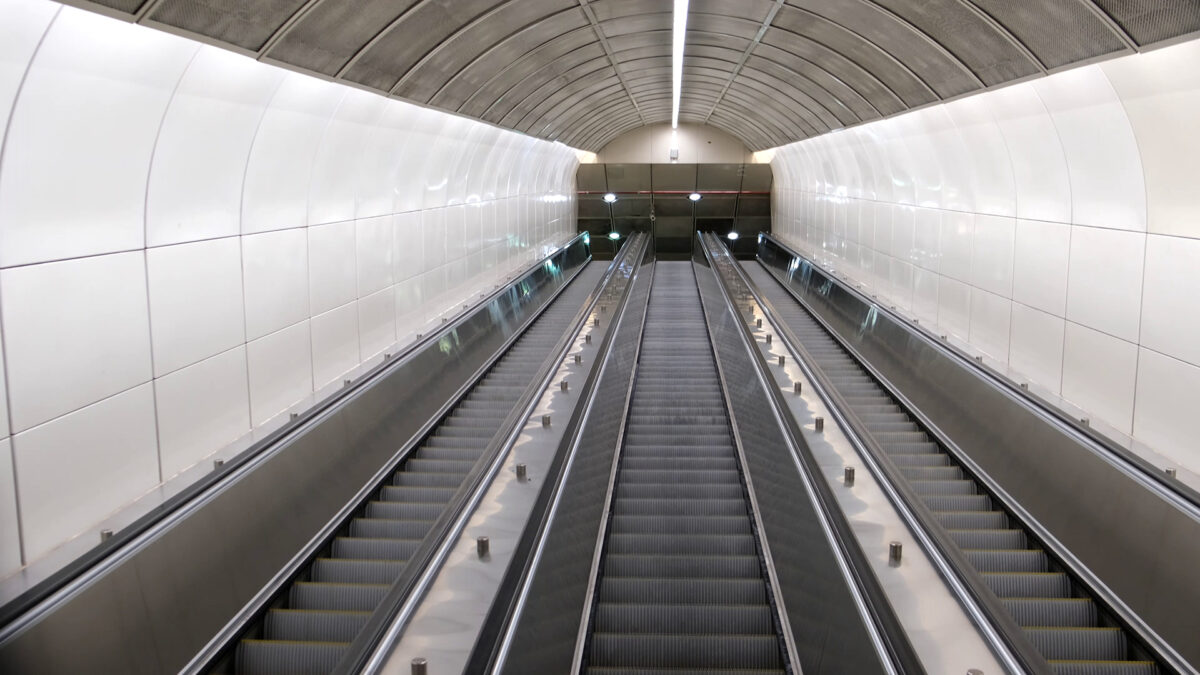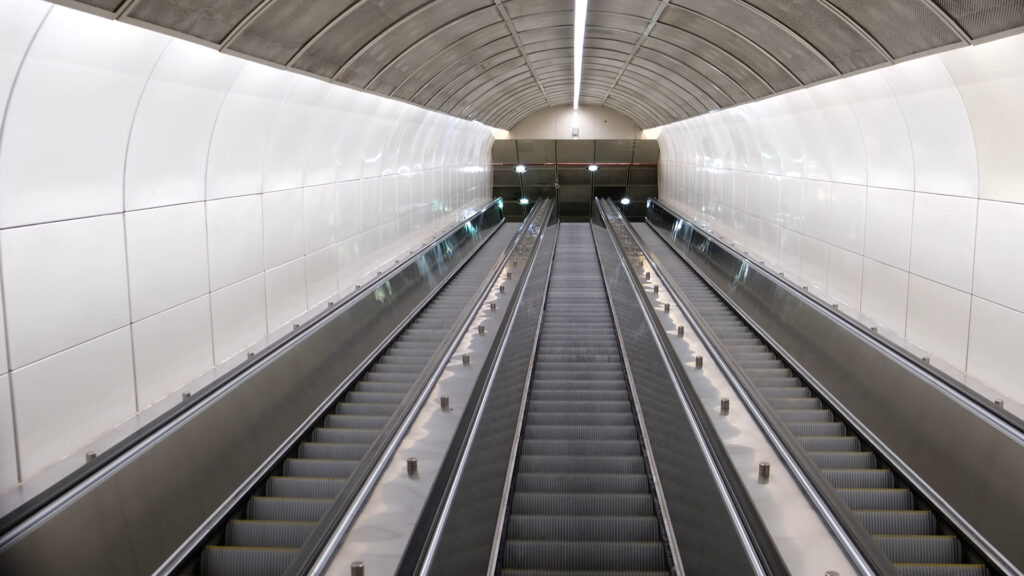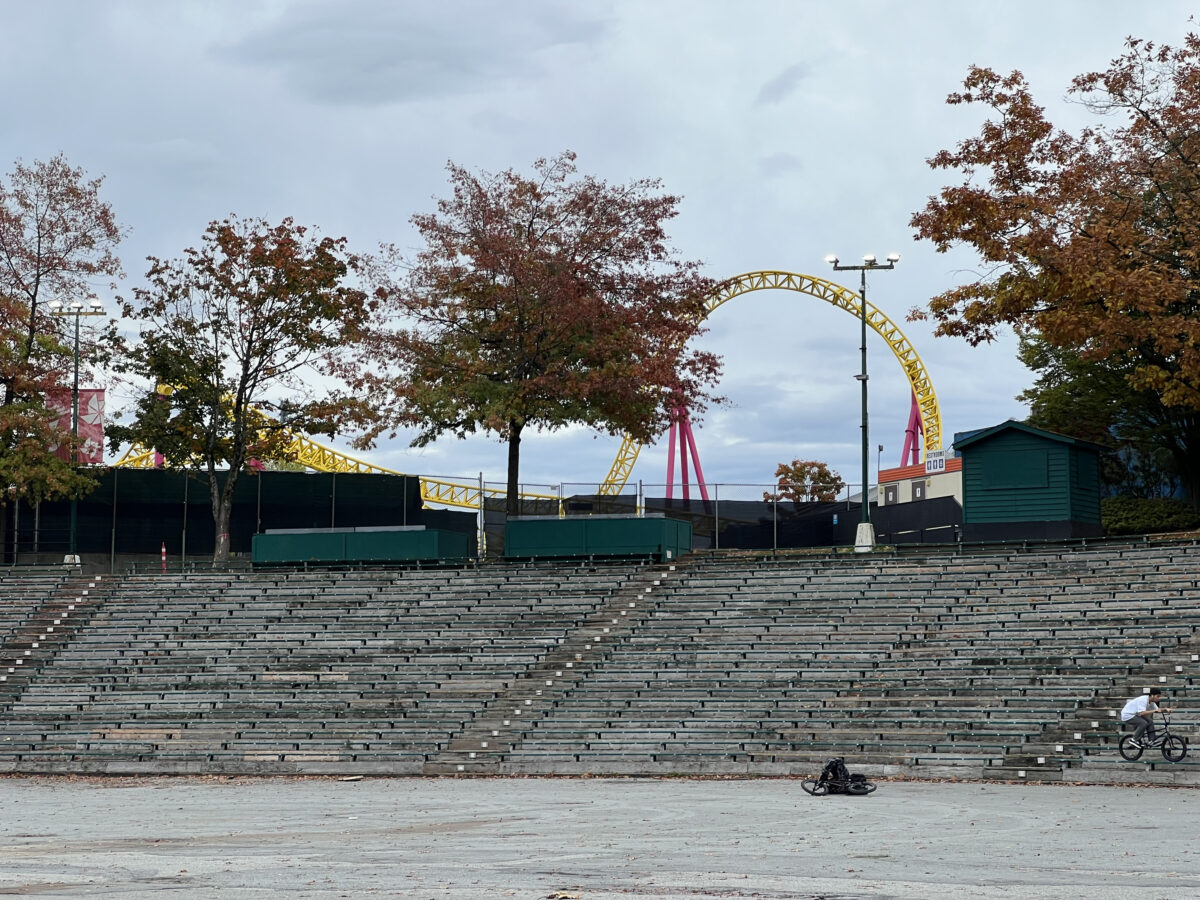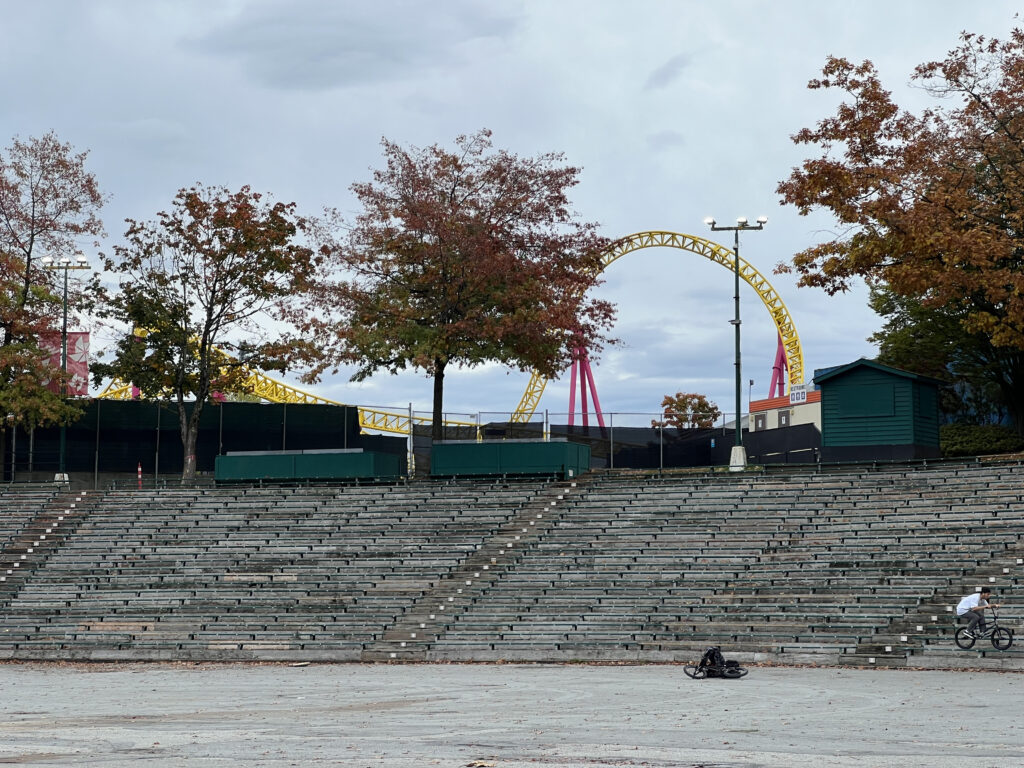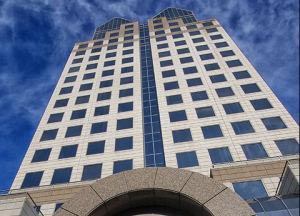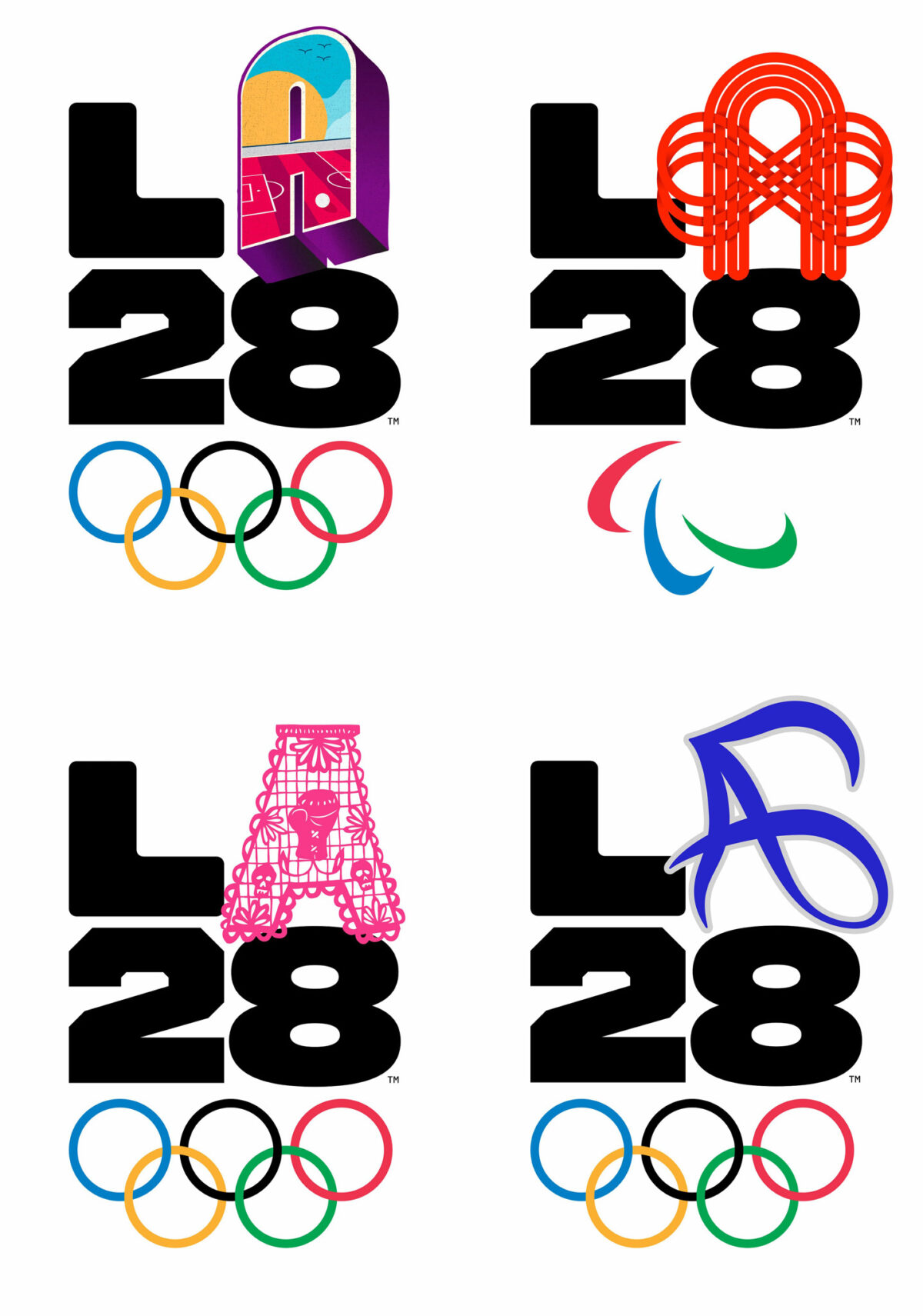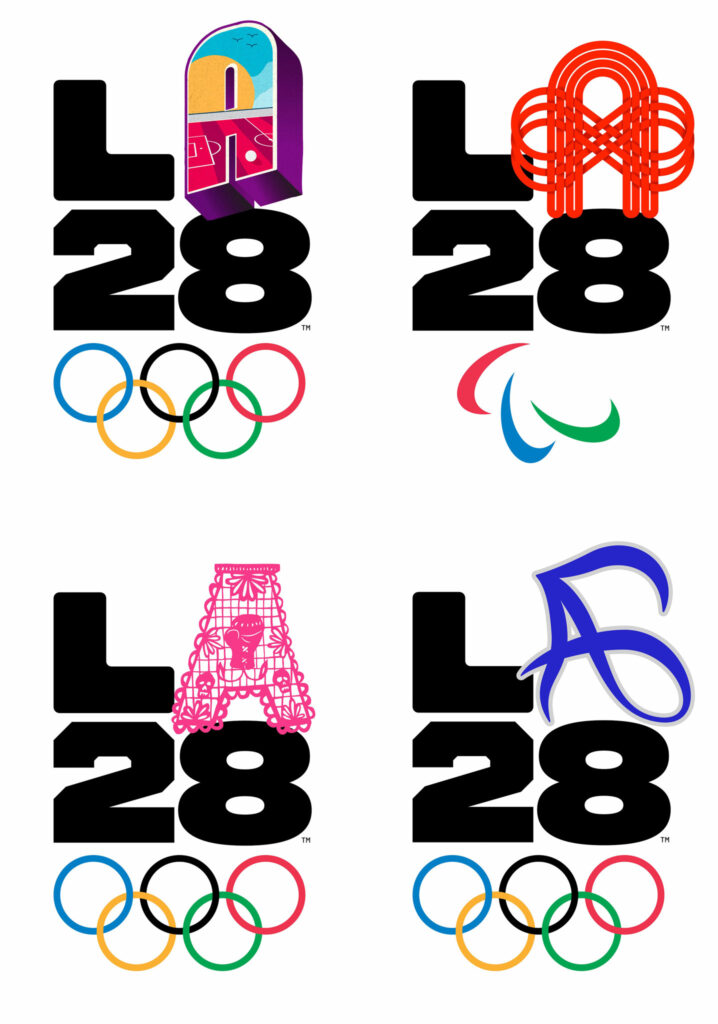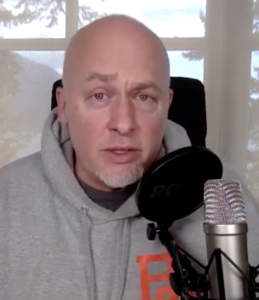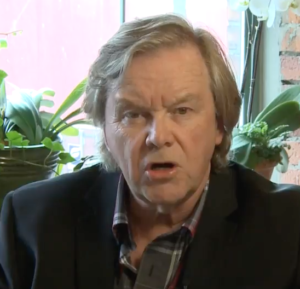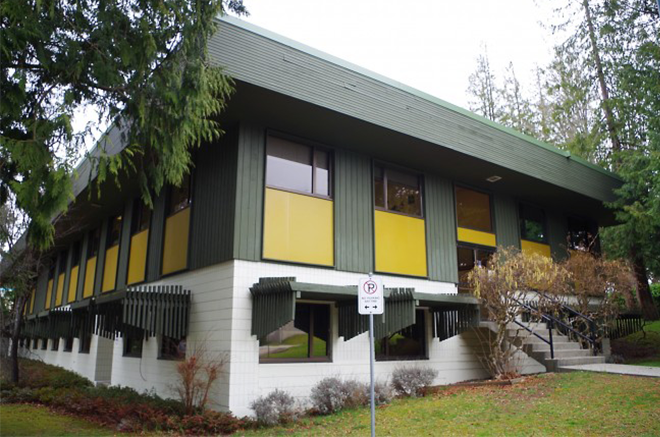Bob Mackin
North Vancouver’s Ciara McCormack has had quite the year.
The veteran soccer player urged a House of Commons committee to call a public inquiry into amateur sport abuse and corruption, witnessed former teammates play in Ireland’s debut match at the Women’s World Cup in Australia and returned to play for a team in a national women’s league at age 43.
This week, she became the CEO and co-owner of Limerick, Ireland’s Treaty United FC.

Markets Field in Limerick, Ireland (Treaty United FC)
“I know what soccer should be, I know what it looks like in its best form, I know what it looks like in its worst form,” said McCormack, who blew the whistle in 2019 on a disgraced ex-Whitecaps and national team coach’s return to the sidelines, leading to Bob Birarda’s 2022 jailing for sexual assault.
“It’s quite a unique perspective and, hopefully, one that I can leverage to make it a great experience for the players, make it a great experience for the community.”
McCormack has Irish citizenship through her parents, and made eight appearances for the national team from 2008 to 2010. Without a Canadian professional women’s league (one is in the works for 2025), she reached out to a former teammate, Treaty United FC coach Marie Curtin, and signed on as a defender wearing number 13 last winter.
McCormack, who holds a master’s degree in sports management from the University of Connecticut, approached the volunteer-run club’s board and asked if investors were welcome. Then she contacted her former Yale University classmate Riley Senft and made a proposal to the Senft family office, Tricor Pacific Capital Inc.
“Everything that their organization’s about in terms of being people-focused and building partnerships and doing things the right way, it just was an amazing fit,” she said.
Coincidentally, Tricor chair Rod Senft’s wife, Jean Senft, is the Order of Canada recipient who exposed collusion among her fellow Olympic figure skating judges in 1998.
“She’s an absolute role model,” McCormack said.
Treaty United includes women’s premier league and men’s first division squads and academy developmental teams for teenage girls and boys. Home pitch is 1,710-seat Markets Field in the city of 102,000, Ireland’s third largest after Dublin and Cork. Neither McCormack nor Chuck Cosman, Tricor’s principal of diversified investments, would reveal the size of the investment.
Cosman said the Limerick community, the club and the Football Association of Ireland all greeted them with open arms.

Ciara McCormack (Treaty United FC)
“For us, it’s non-traditional to the types of investments we’ve made in the past, but nonetheless, no different than that we’re partnering with great people and doing everything we can to support them on their journey, creating the vision they want,” Cosman said.
“When Tricor makes investments in companies, we don’t do it with any sort of short-term or exit horizon, like we really are focusing on a long-term relationship with Ciara and the midwest community of Ireland, and building a club we can be proud of.”
McCormack said, with Tricor’s backing, she hopes to accelerate the path to professionalism that the league and team are already on. She was initially struck by players on the women’s team training only twice-a-week.
“The last time I trained twice-a-week, I was about 11, playing rec soccer. So immediately coming in, you’re looking at it thinking, wow, if they’re doing this well training twice-a-week, how much better could they be training four times a week?”
McCormack sees great potential in increasing revenue from season tickets, club memberships, corporate sponsorships and youth development camps. Her goal is to multiply attendance in 2024, which hovers around 800 for men’s matches and 200 for the women’s team.
“I think there’s a huge opportunity for us now with full-time staff, running things right off the bat, where we have the time to go out and build the relationships.”
She said the league record for attendance at a women’s club match is 1,500. “We’re going to beat that the first game, that’s my goal.”
The men’s team’s kickoff in February is auspiciously timed for the anniversary of the day that changed McCormack’s career and sparked a discussion about protecting athletes.
“Exactly five years to when I wrote the blog, to the actual day, which is again, a pretty crazy, end-of-a-chapter kind of thing,” McCormack said.
Support theBreaker.news for as low as $2 a month on Patreon. Find out how. Click here.
Bob Mackin
North Vancouver’s Ciara McCormack has had
